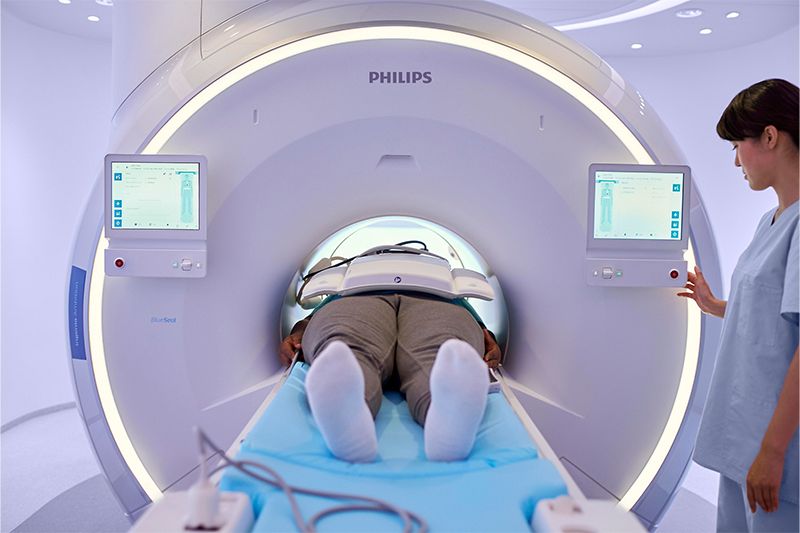Recent investment in digital capacities and community diagnostic centres (CDCs) in the NHS, has been welcomed by Managing Director of UK & Ireland at Philips, Mark Leftwich.
The Philips employee of 21 years took up his new role in 2022, taking over from predecessor Neil Mesher.
A “clear vision” for a single patient record
In this new role, Leftwich knows that the budget is a critical piece of the puzzle towards digitisation to improve the NHS service, which has been underinvested in for the last decade. “We are at the foothills of digital,” he says. “The fact you still walk into a hospital and it's paper based is just unbelievable in this day and age.”
The MD makes the point that asking the same patient to recall their patient history 15 times in one patient journey cannot be the model going forward.
For Leftwich, the answer is not a hospital by hospital digitisation approach, it is to work at the integrated care board (ICB) level. “If you think about there's only 50 customers then to deal with, and 50 regions to digitise, then it becomes far more manageable,” he explains.
Once you do this, Leftwich says that the next critically important step is to link up primary and secondary care, and think of the entire patient journey. “I think it's quite easy to connect up a hospital data system and have diagnostic images transferred across the region. You can do that. The challenge is that you need to connect up GPs, primary care, community, nursing, mental health services, hospitals, and care homes.
The difference now, compared to previous digitisation pushes in the NHS is the NHS App. Which Leftwich sees now as “clear vision” for a single patient record. With this clearer vision, all ICBs in the organisation have something tangible to work toward. The greatest hurdle with this will be the standardisation of the data, Leftwich predicts from experience . “There is no such thing as an easy migration of data,” he says. Again he emphasises that the budget will be important in making this a reality.
Data connectivity for scanners
One exciting project that is happening at Philips is one with Imperial in London. The project involves connecting up all of its scanners, brand agnostic. This forms what Leftwich calls the “Radiology Operations Command Centre”. This is a hub with screens that leads out into the “spokes” which is each of the scanners.
All of the spokes can dial in and ask for help from the hub, that can see the scans. Enabling junior radiographers to be in the room with the patient, with one more senior and experienced radiographer in the “Command Centre”. Leftwich explains that this has doubled the speed of training new members of staff. But it is the future applications of this technology that gets Leftwich truly excited. “When you start to think about the opportunities, it’s places where we've got real health inequalities, with people living in coastal and rural areas, where it's hard to find staff.”
Leftwich explains that the vision is for them to connect up all the scanners in the country into a real network. This way, you could have people at specialist hospitals, like St Thomas’ in London, dealing in and helping a rural centre from afar.
He calls this concept “networking diagnostics”.

Diagnostics in the community: CDCs and virtual wards
In the mission to reduce diagnostic waiting lists, Leftwich thinks it is less about
